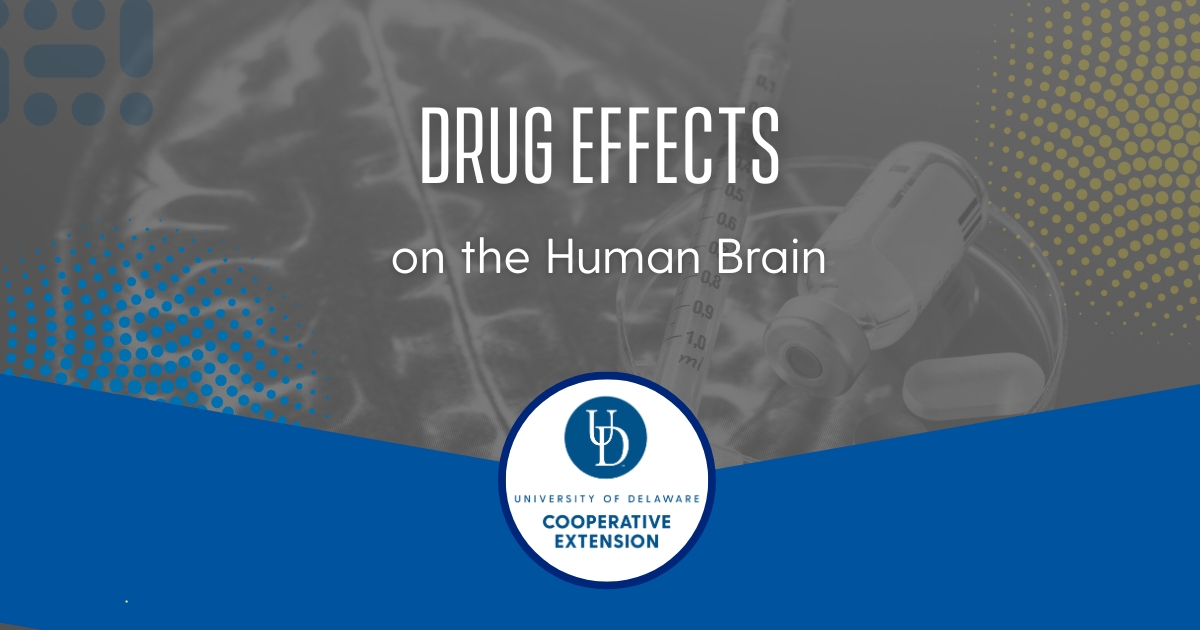
Category: Cooperative Extension

Drug Effects on The Human Brain
June 05, 2025 Written by Lindsay Hughes, 4-H Youth Development Extension Agent
What if a single choice could hijack your brain’s wiring, rewriting your behavior, judgment, and even your ability to survive? The human brain is an essential organ in the body, responsible for everything from regulating bodily functions to thinking, breathing, and influencing behavior. It is made up of billions of cells called neurons, which are organized into circuits and networks that work together as a team. These neurons control the flow of information.
When someone uses drugs, it interferes with the way neurons send, receive, and process signals. This interference can alter the way a person behaves, causing them to act in ways they normally wouldn’t. Drug use can affect specific areas of the brain, leading to unhealthy behaviors, increased stress, illness, and poor judgment. For example, taking opioids can significantly slow down breathing, which may result in an overdose or even death.

Changes to the brain caused by drug use can make it more difficult to quit, leading to addiction and constant cravings. Long-term drug use can result in serious consequences, including mental health issues, depression, cancer, lung problems, and heart disease. Additionally, the death of brain cells due to drug use can impair cognitive functions, making it harder to understand what is happening, communicate, and coordinate movement.
It's important to note that the brain continues to develop until around the mid-twenties. Teenagers who use drugs are more susceptible to nicotine addiction because their brains are still maturing.
In the end, protecting your brain means protecting your future. Drugs may offer temporary relief or escape, but the long-term damage they cause can be life-altering—or even life-ending. Understanding how drugs disrupt the brain’s natural functions is the first step toward making healthier choices. By staying informed and choosing to stay drug-free, you give your brain the chance to grow, thrive, and guide you toward a better, healthier life. Protect your brain by avoiding drug use.
